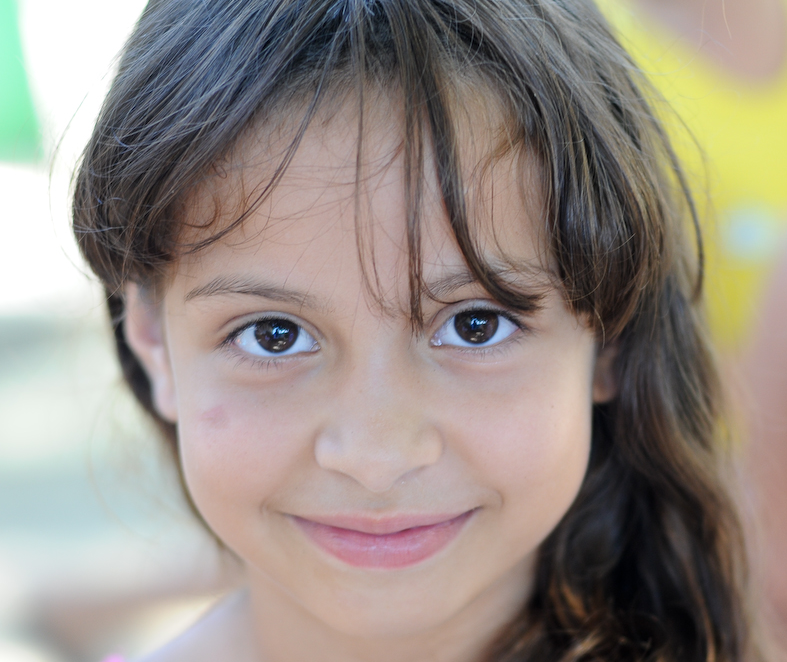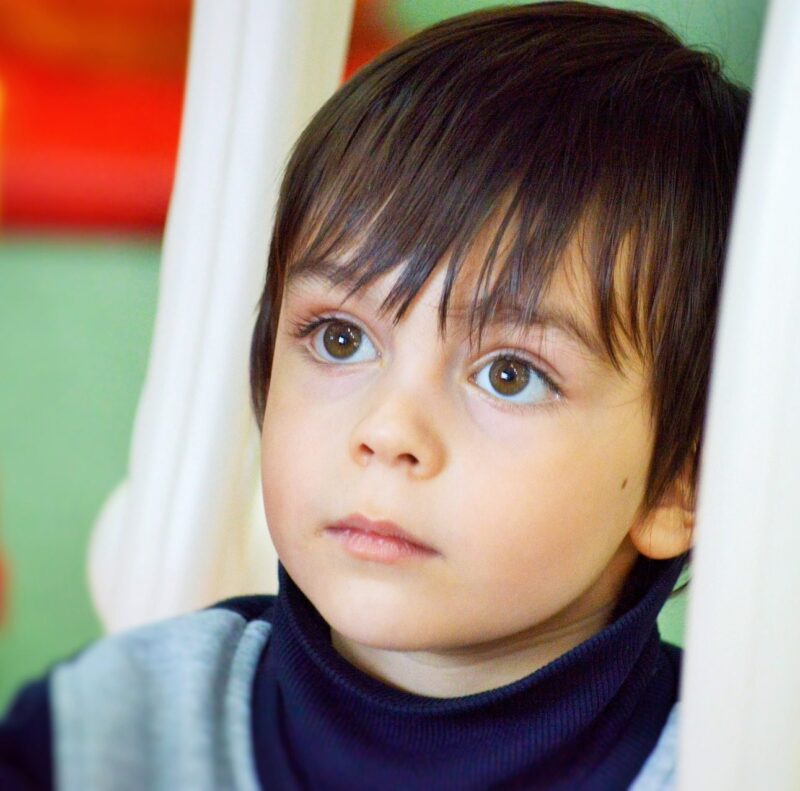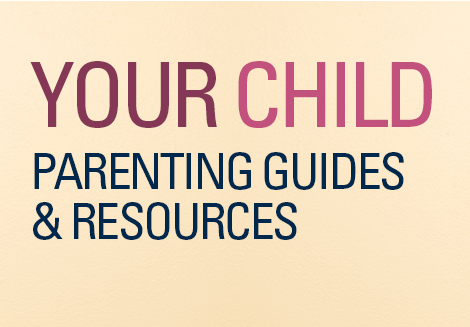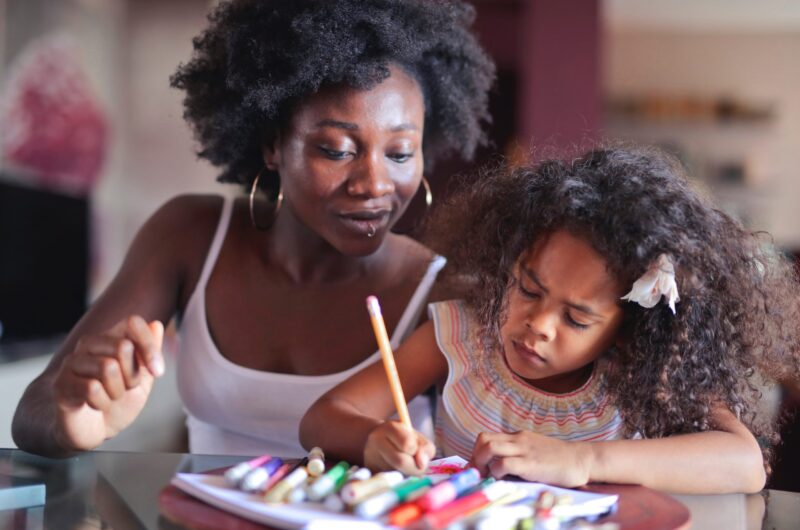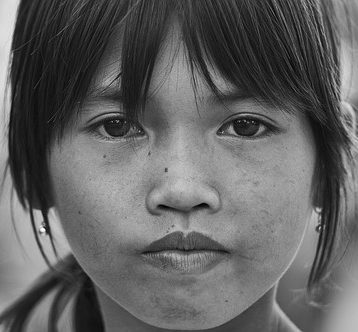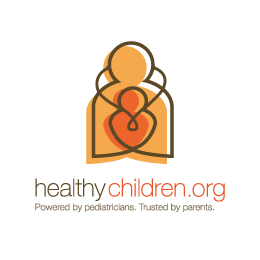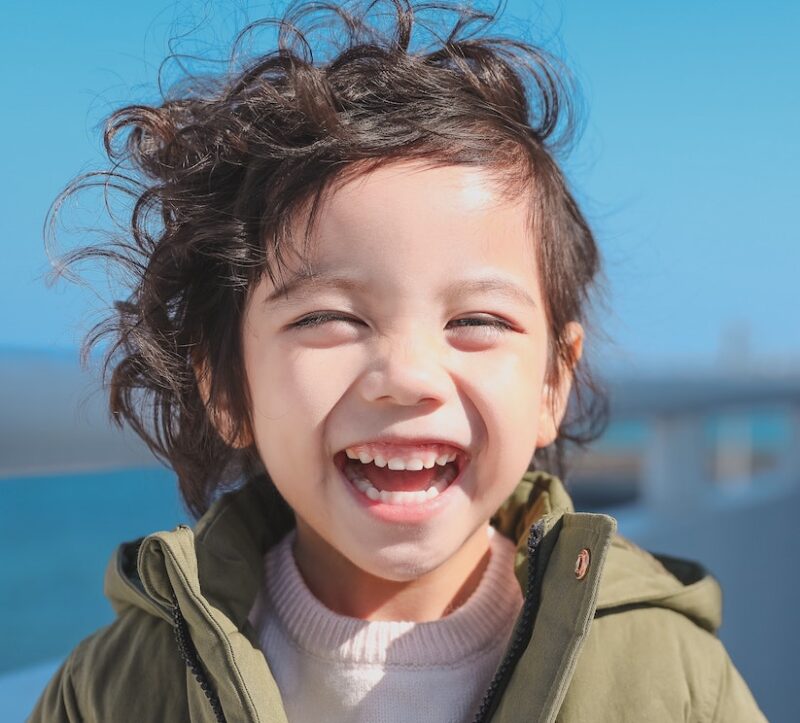
All About Young Children [web resource]
Find out about what skills help children learn, how they learn language, how they learn about feelings and relationships, how they learn about numbers, and how they become skillful at moving their bodies on All About Young Children, a resource Read more >>
